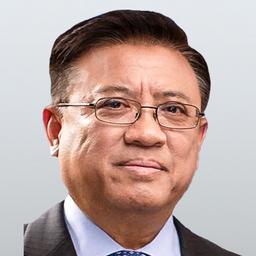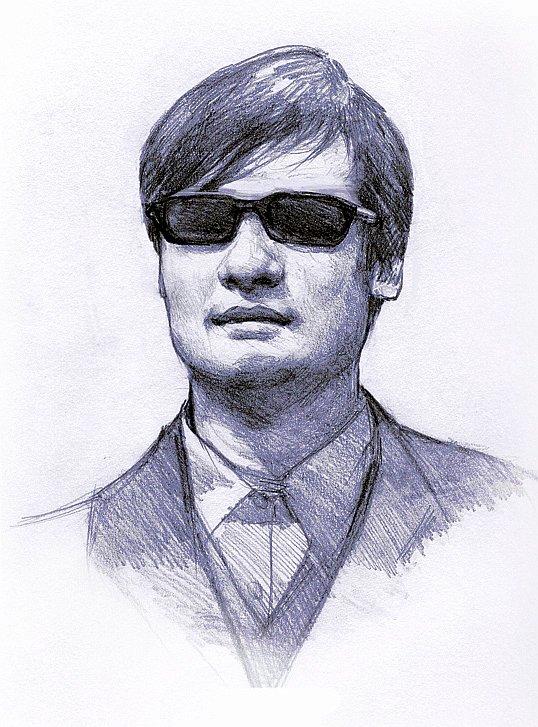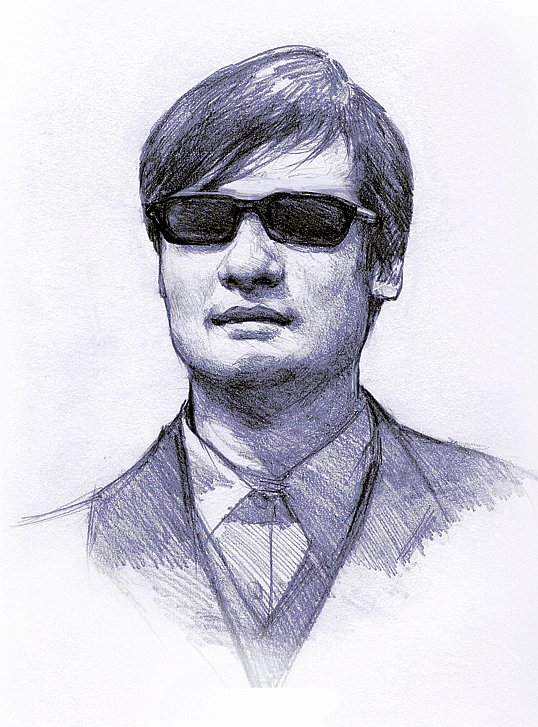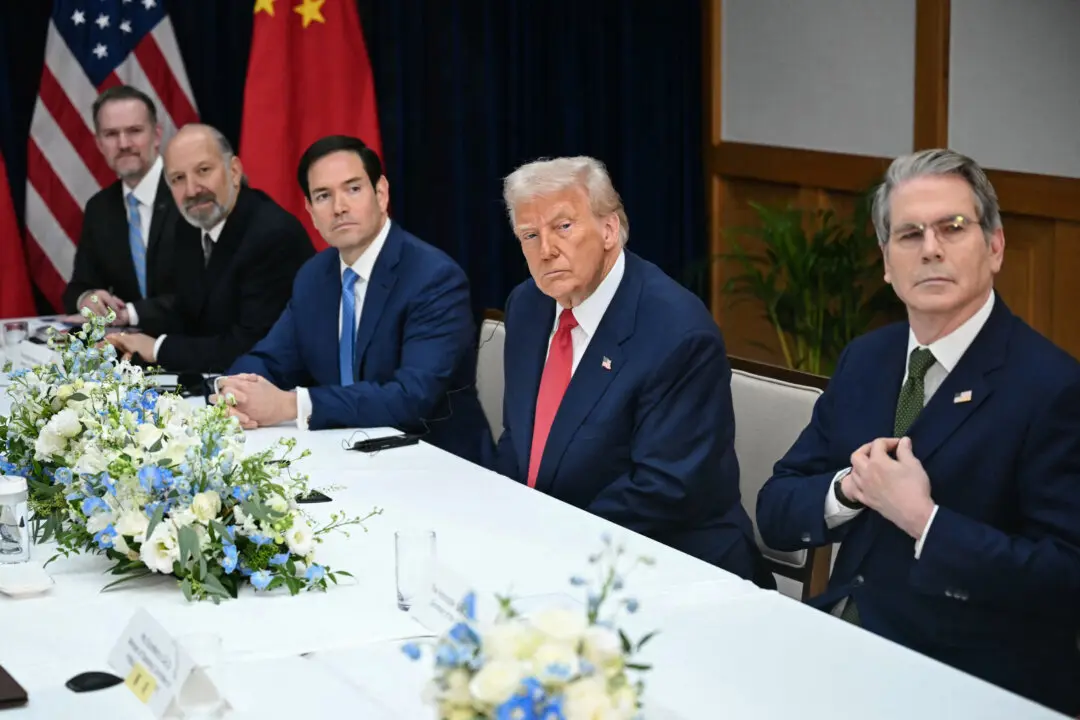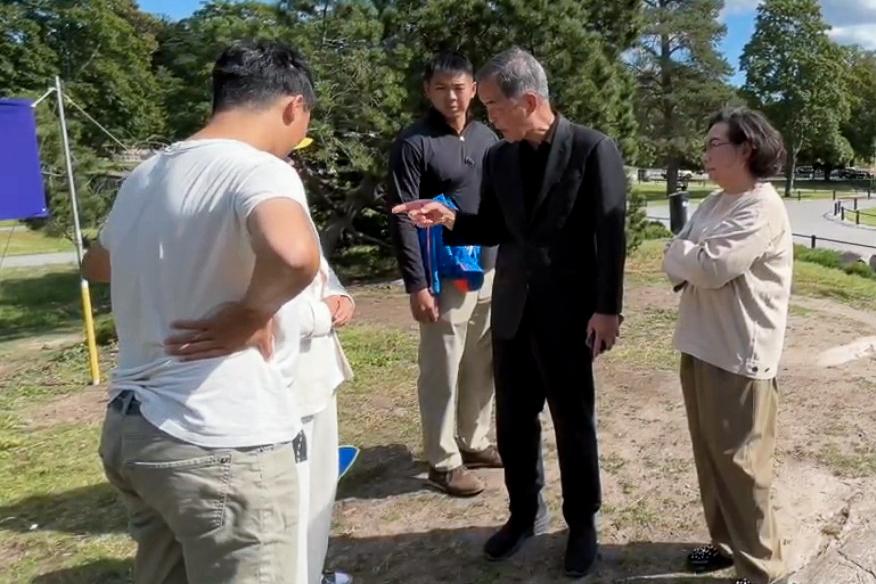When the blind activist-lawyer Chen Guangcheng sought protection in the U.S. Embassy in Beijing, the spotlight on his case shifted squarely onto the high-level official responsible for tormenting him, benefiting Chinese Communist Party (CCP) head Hu Jintao and Premier Wen Jiabao. If the United States understands the context of Chen’s case, it will see that assisting Chen will advance U.S. interests.
Many commentators have spoken of Fang Lizhi and Wang Lijun as two precedents for Chen’s situation. In fact, Chen’s situation is unprecedented.
The prominent astrophysicist Fang Lizhi, who died three weeks ago in Arizona, stepped into the U.S. Embassy on June 5, 1989, the day after the Tiananmen Square massacre. He stayed there for one year until China agreed to let him leave the country in exchange for the United States easing sanctions.
On Feb. 6, Wang Lijun, the deputy mayor and former police chief of Chongqing, entered the U.S. Consulate in Chengdu and “voluntarily” left 36 hours later. That incident set off the biggest political earthquake in CCP rule and caused the ouster of former Chongqing Party chief Bo Xilai, the most ambitious and controversial political figure in China.
The crisis triggered by Wang Lijun gives no sign of cooling down.
When Wang entered the U.S. Consulate in Chengdu, he represented half of Bo Xilai’s Chongqing Model, which is “singing the red songs and hitting the black.” Wang had carried out “hitting the black”—cracking down on criminals—with an iron fist.
Most of the cases he created involved a lack of due process. Torture was the standard means to get a “confession.” The victims included Chongqing’s former police chief and private entrepreneurs. Even a lawyer who tried to defend his client was put in jail.
Wang was not the victim but the perpetrator of human rights violations, and by any standard, he was not qualified to apply for asylum. Besides, Wang was deeply involved in the dealings of Bo Xilai and Zhou Yongkang—dealings that Wang characterized as a conspiracy to mount a coup against presumptive CCP head Xi Jinping after he took power. The U.S. government didn’t want to get involved with Wang for good reason.
Click www.ept.ms/ccp-crisis to read about the most recent developments in the ongoing power struggle within the Chinese communist regime. In this special topic, we provide readers with the necessary context to understand the situation. Get the RSS feed. Get the Timeline of Events. Who are the Major Players? ![]()
The documents Wang carried with him probably have helped the U.S. government see more clearly the struggle between CCP officials, which is usually tightly locked inside a black box. But other than that, there was no U.S. interest in keeping Wang in the U.S. Consulate.
Fang Lizhi, the spiritual leader of the Tiananmen students, was in a different situation. Several days after he stepped into the U.S. Embassy in Beijing, he was wanted by the Beijing police for “instigating the students.” At least Beijing could openly and formally put pressure on the United States.
Burden on Chinese Regime
Chen Guangcheng doesn’t place any such burden on the United States. Chen is known around the world as an activist for women’s rights. While he is not a political dissident, he is widely respected and supported both at home and abroad. “Free Chen Guangcheng” is one of the longest-lasting grassroots campaigns in China, with a high rate of participation. The picture of Chen Guangcheng wearing sunglasses has become a symbol.
In the United States, many members of the House of Representatives have repeatedly showed their concern and support for Chen and his family. Helping Chen Guangcheng perfectly fits the beliefs that the United States is based on and will win respect from the Chinese people.
What’s more important is that the Chinese authorities are more eager than the United States to solve the crisis quietly. Some top leaders can even benefit from the crisis.
Chen Guangcheng and those who helped him didn’t break any Chinese law. Chen was jailed at home illegally. Even the local authorities can’t accuse him of escaping. He is not accused of any crime. He doesn’t possess any state secrets. Openly demanding the United States to do anything would embarrass the Chinese authorities, not the United States, even though Chen is under U.S. protection.
Higher Authorities
Chen Guangcheng’s story started with his giving legal assistance in Linyi Prefecture, Shandong Province, to the victims of the Chinese regime’s family-planning and one-child policy. Local authorities decided to get rid of him by putting him in jail.

